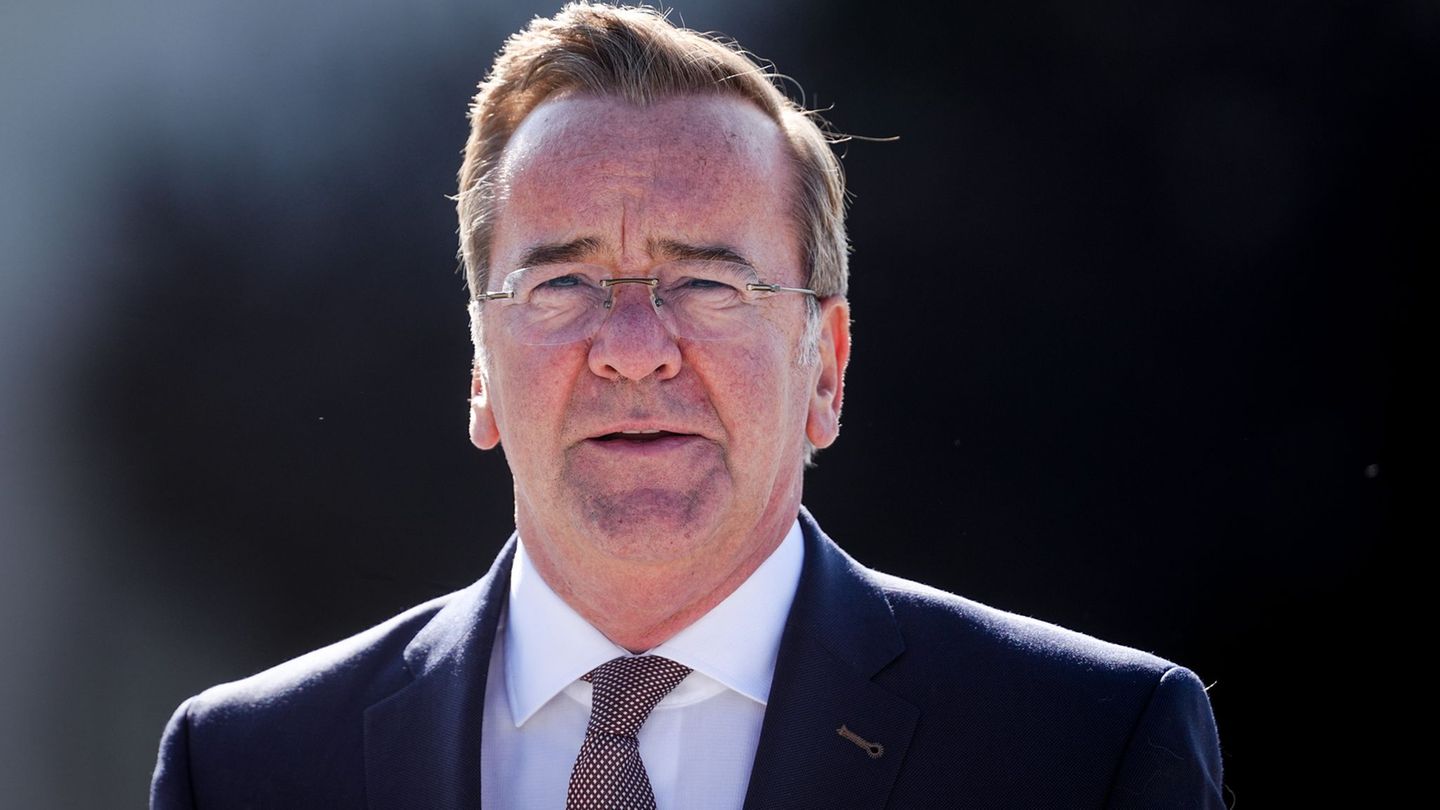Tens of thousands of people arrived in Jerusalem today in the last stage of a march to Parliament that began on Tuesday and that seeks to pressure Prime Minister Benjamin Netanyahu to stop a judicial reform that, according to complaints, would put at risk the independence of the judiciary.
The demonstrators made one last stop yesterday before entering Jerusalem and for a communal meal to celebrate the ‘sabbath’, the weekly Jewish holiday, and spent the night in Shoresh, 20 kilometers west of the holy city.
This morning they had breakfast with food donated by supporters and began the last journey to Jerusalem, with their sights set on the Knesset (Parliament) in a column of several kilometers to which thousands more people from all over the country joined today, reported the Europa Press news agency.
The objective was not to block the route, but the large number of people, added to the cars parked on the shoulder by the people who joined the march today, made traffic problems inevitable.
One of the protesters, Guy Shahar, said he joined the march because he “fears for the fate of the country.”
“There is no doubt that this is a historic moment, the number of people here is incredible. Each person has come from a different place, with concern for the fate of the country,” Shahar was quoted as saying by The Times of Israel.
Under the slogan “We will not allow our home to be destroyed,” directed at Netanyahu, thousands of people began a walk to the Knesset on Tuesday.
The organizers announced that they intend to camp in Saker Park, the largest in Jerusalem, indefinitely.
There are also rallies called for today in front of the official residence of the prime minister and on Kaplan Street in Tel Aviv, the epicenter of the Saturday protests for 29 weeks.
There are another 150 acts and concentrations called throughout the country.
The reform promoted by the Government, formed in December with the support of far-right parties and ultra-Orthodox Jewish formations, seeks to increase the power of Parliament over that of the Supreme Court.
The Executive considers that it is necessary to ensure a better balance of powers, but its detractors affirm that it could push the country towards an authoritarian model.
Since the announcement of the project last January, tens of thousands of people have demonstrated every week, in what is considered one of the largest protest movements in Israel’s history.
The project also provokes criticism abroad.
US President Joe Biden asked the Israeli government at the end of March to seek consensus with those who oppose the project.
Biden and Netanyahu spoke by phone on Monday and agreed to meet as soon as possible to address the complex issue, according to John Kirby, a White House spokesman.
Source: Ambito




